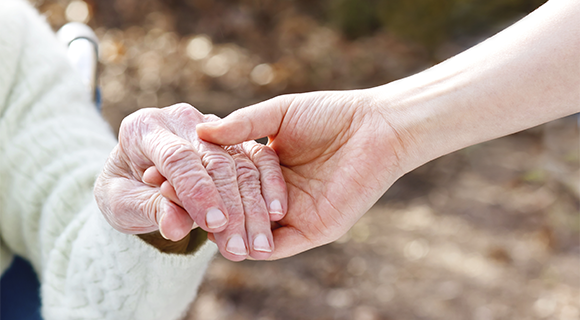
Helping a person with Alzheimer’s disease
Current as of: November 14, 2014
Author: Healthwise Staff
Medical Review: Anne C. Poinier, MD – Internal Medicine
© 2006-2015 Healthwise, Incorporated. Healthwise, Healthwise for every health decision, and the Healthwise logo are trademarks of Healthwise, Incorporated.
Care instructions adapted under license by Kaiser Permanente. This care instruction is for use with your licensed healthcare professional. If you have questions about a medical condition or this instruction, always ask your healthcare professional. Healthwise, Incorporated disclaims any warranty or liability for your use of this information.





